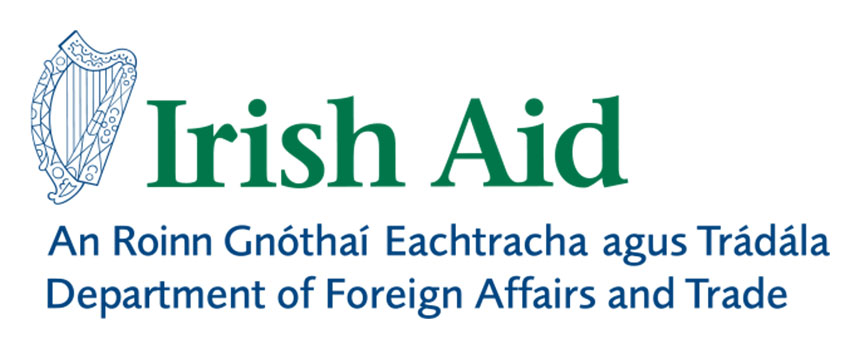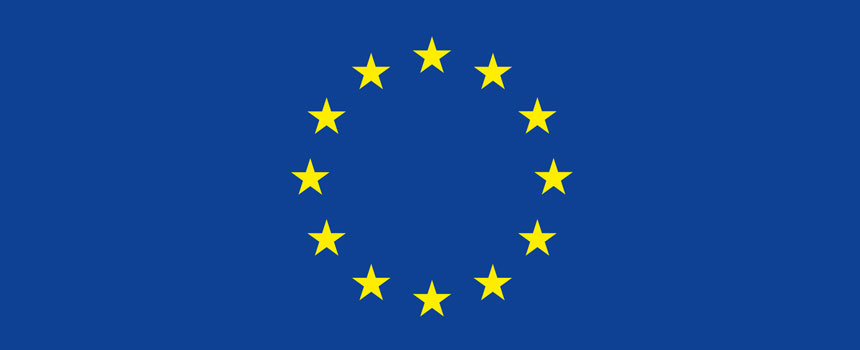Tax: Who Pays Their Fair Share
“Taxation is key to increasing our legitimacy and ability to make our own decisions.” – Mary Blaine, Commissioner General, Rwanda Revenue Service, 2009
Overview
Most of us are familiar with the concept of tax. We think of it as money paid to the government by individuals and corporations, which is used to fund common social projects to support and enhance our society. But are big companies paying their fair share? Over the last century, changes to how global companies operate have enabled them to dodge their taxes. In Tax: Do Companies pay their Fair Share? we look at how companies can hide their corporate profits in tax havens. This money could be used to support common social projects in the country where the labour has taken place, for example in health, education, welfare and infrastructure.
Learning Outcome
That participants will learn the basic concepts of the international tax system from the perspective of tax justice, and will gain a greater understanding of the positive links between tax and development, and the impact on Southern countries of tax evasion and avoidance by multinational companies based there.
Table of Contents
- Resources
- 1. Guide - Tax Us If You Can: Why Africa Should Stand up for Tax Justice
- 2. Video: Where has all the Money Gone? STOP Tax Dodging
- 3. Secrets and Fries: McDonald's £295 million Tax Dodge
- 4. Website:The Tax Detective Game
- 5. Report: Driving the Getaway Car
- 6. Video: How to dodge tax
- 7. Article: Why tax justice is a feminist issue
- 8. Report: Africa Rising? – Christian Aid
- 9. John Oliver – The Panama Paper
- 10. Blog: How does the international tax system work and who benefits? – Morina O’Neill
- Discussion Questions
- Learning Journal
- Extra Resources
Resources
1. Guide - Tax Us If You Can: Why Africa Should Stand up for Tax Justice
This introductory booklet gives an excellent overview of what tax is, why it’s important, and who is affected when taxes are cut. Read ‘Introduction to Tax Justice’; Page 7-16
2. Video: Where has all the Money Gone? STOP Tax Dodging
This video explains how and why tax dodging has become such a major obstacle to fighting poverty, and the potential ways we can all help to end this cycle.
3. Secrets and Fries: McDonald's £295 million Tax Dodge
This new report ‘Secrets and Fries’ exposes how McDonald’s has been driving billions in global profits through the City of London, but not stopping to pay its share of UK tax. McDonald’s has been using a circular, paper transaction to shield the income received in London from being taxed in London – depriving the UK public funds of at least £295 million in tax.
4. Website:The Tax Detective Game
Play the game here.
5. Report: Driving the Getaway Car
This Irish tax report (PDF) give an excellent overview of why tax justice matters for global south countries as well as those of the global north. It includes a very informative section on how Ireland is implicated in global taxing and development. Don’t have much time? Read the ‘Executive Summary’ on pages v and vi.
6. Video: How to dodge tax
In this undercover video, the International Consortium of Investigative Journalists collaborate with BBC’s Panorama and The Guardian newspaper to unmask the “nominee directors” who pose as public faces for more than 21,500 offshore companies.
7. Article: Why tax justice is a feminist issue
This article by Women for Tax Justice argues that the direct link between low taxation and low government spending has a disproportionate impact on women. Hence, tax justice just be seen as a feminist issue.
Read more
8. Report: Africa Rising? – Christian Aid
This 2014 Christian Aid report lifts the lid on how National tax dodging and global multinational tax avoidance contributes to poverty and income inequality in Sub-Saharan Africa.
Read more
9. John Oliver – The Panama Paper
Read more in depth about the Panama Papers here.
10. Blog: How does the international tax system work and who benefits? – Morina O’Neill
Most of us are familiar with the concept of tax. Taxes pay for health systems, education, infrastructure, and other vital public services. The tax we pay can be seen as a form of social contract between us as taxpayers, and our governments…
Read more
Discussion Questions
- Why do you think people pay a higher percentage of tax than corporations? What values inform this policy?
- What are the ‘selling points’ of having a low tax economy?
- Why do you think corporate tax avoidance is such a big problem? Why does the government not clamp down on it?
- According to the ‘logic’ of the market, a decrease in taxes means that the market can begin to provide services typically provided by government. What do you think about this?
Learning Journal
- What kind of a role do I believe tax should play in society? What would the practical implications of this be?
Extra Resources
| Nelson, Liz | Gender and Tax Justice – OpenDemocracy | |
| Brookings Institute | Video: How much does the US tax system shrink the gap between rich and poor? | |
| Bower, Simon | Video: How does Apple avoid taxes in Ireland? Guardian UK (2013) | |
| ICIJ | Secret Files Expose Offshore’s Global Impact | |
| New Economics Foundation | Video: Tax Havens – UK Perspective |


